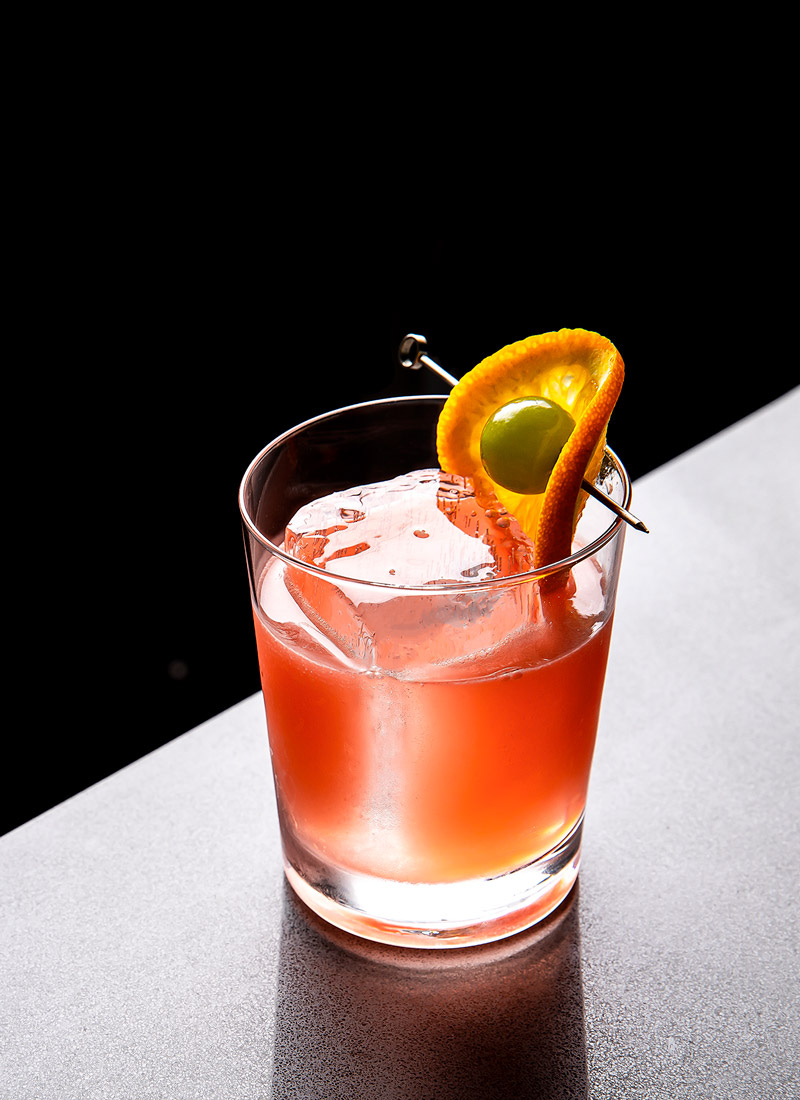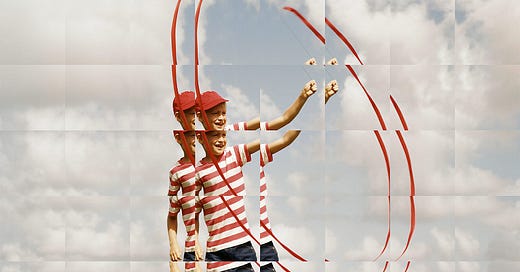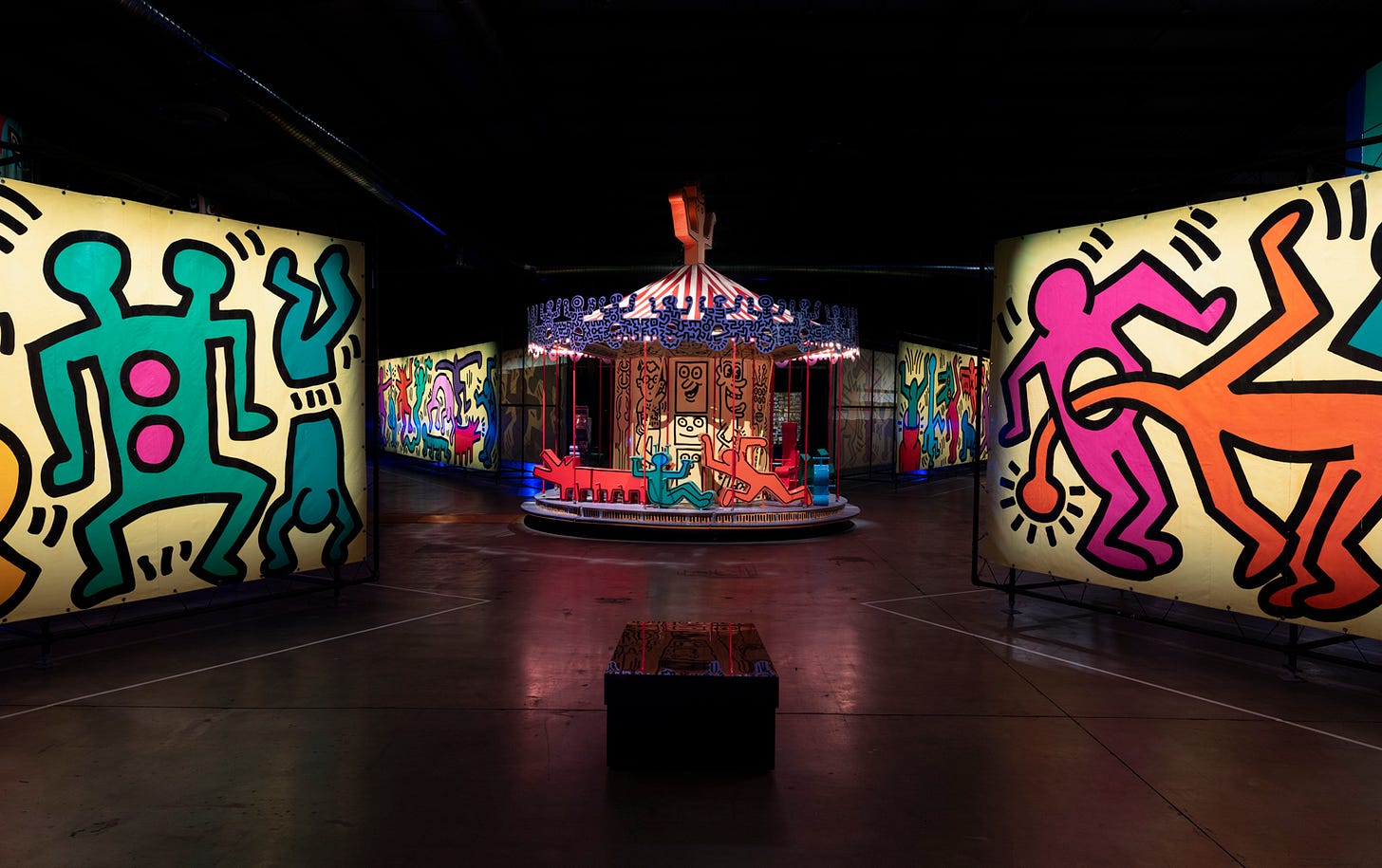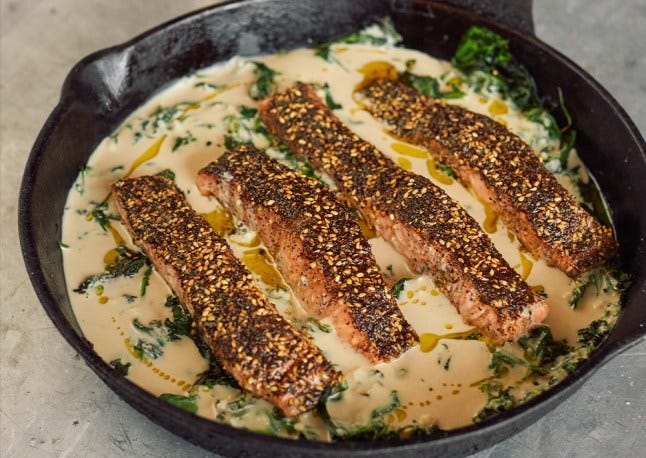Weekly Finds #36 - January, 12th, 2024
Sharing some of the interesting things I've gathered over the course of the week.
📖 Read
How did time begin, and how will it end?
In this piece from the BBC, we embark on a thrilling journey through time with insights from Doctor Who's cosmic time-traveling adventures, exploring the universe's end and witnessing the creation of Earth. This includes the mysteries of the Big Bang challenging our understanding, the potential scenarios for the universe's demise, and the intriguing concept of a super-universe. Unravel the link between time's arrow and entropy, discovering why the heat death of the universe could signal the end of consciousness and memory.
In the cosmic theater of time, go on a quest that spans the Doctor's encounters with the universe's extremes, delving into the profound questions about time's beginning and end. This encompasses the uncertainties surrounding the Big Bang's origin, the potential scenarios for the universe's end, and the fascinating interplay between time's arrow and entropy. This dynamic exploration offers a blend of Doctor Who's cosmic adventures and real-life mysteries, leaving you pondering the timeless wonders of our existence.
🙉 Overheard
You normally have to be bashed about a bit by life to see the point of daffodils, sunsets, and uneventful nice days.
– Alain de Botton
👯♂️ Friends of Culture Curated
This week, we have a bonus post from Food Jungle, where our friend Gregory Zenin writes about what’s happening in the food industry. Be sure to subscribe and stay up-to-date on the latest in this storied industry's good, bad, and ugly.
From Bread to Liquid Gold
For anyone yearning for a cool sip of beer to wash away those winter blues, we’ve discovered an incredible company that uses leftover bread to make BEER.
Humans waste around 44% of the bread they buy - not to mention the land, water, and energy that goes into making it. And if left to rot in a landfill, that bread would start emitting methane, a greenhouse gas FAR more potent than carbon dioxide.
And that’s where Toast Brewing comes in. Founded in 2016, the team had one purpose: convert leftover bread into beer. And so far, they’ve saved so many slices of bread that, if stacked up together, they would be over FOUR times the height of Mt. Everest!
The team buys excess bread and uses it to replace 25% of the malted barley in all their beer. The enzymes in the malt then transform the starches in the bread into simple sugars that can then be turned into alcohol. Food Jungle approved ✅
🎧 Listen
A couple of items from this week’s Music Curated issue.
I mix it up here and share various music with my readers, so you’ll see something different each week. You may be into some of what I share, and you may not be into other things, and that’s okay. My goal is to share the things I enjoy and I hope to introduce my audience to something they might not have otherwise heard, and I hope some of it also resonates with you.
Song: Maribou State - Midas (feat Holly Walker)
From their humble beginnings in 2011, Chris Davids and Liam Ivory, the duo behind Maribou State, skyrocketed to global acclaim with their debut album "Portraits." A whirlwind of success ensued, featuring sold-out tours, festival headlining slots, and critical praise. Their sonic evolution continued with 2018's "Kingdoms In Colour," marked by collaborations with Khruangbin and a sonic collage inspired by their worldwide travels. This track is one of my favorites from Portraits and has been on heavy rotation in my listening journey lately.
Album: fabric presents Maribou State
Embark on a sonic journey with Maribou State as they weave a tapestry of sound in their exclusive mix for fabric. Drawing inspiration from their early experiences at the iconic London club, the duo takes you on a ride encompassing soul, disco, jazz, and funk, capturing the essence of the pre-club rituals. Field recordings of their journey to and from the venue add a narrative touch, culminating in original pieces like 'Mother' and 'Strange Habits,' and a soulful reimagining of Radiohead's 'Reckoner.' This mix is a vibrant, nostalgic, and unforgettable homage to the roots that shaped Maribou State's musical evolution.
🔗 Random Finds
Luna Luna
In 1987, Luna Luna, a unique amusement park in Hamburg, Germany, featuring artworks by renowned artists like Keith Haring and Salvador Dalí, captivated visitors. After being packed away for over three decades, it has now been acquired by DreamCrew, co-founded by Drake and Future, restored, and is reopening as Luna Luna: Forgotten Fantasy in Los Angeles, offering a one-of-a-kind art experience with iconic pavilions and rides.
GigaBrain
GigaBrain scans billions of discussions on Reddit and other online communities to find the most useful posts and comments for you.
Dave Brubeck's "House In the Sky"
Jazz legend Dave Brubeck's Modernist masterpiece floats above the Oakland hills and is for sale at $3 million in case you’re in the market for a beauty like this.
🍲 🍹 Eat & Drink
Za’atar Salmon and Tahini
Dive into a flavor adventure where tahini meets salmon in a dance of za’atar and tangy sumac—an Ottolenghi kitchen favorite. Elevate it with creamy Levantine tahini for that perfect nutty touch and savor it fresh for the ultimate taste sensation—cooked tahini plays best in the moment. Unleash the Levantine magic!
Enzoni
Sip into the past, and embrace the present. The Enzoni, born in the 2000s, was a trendsetter. Now, in the era of aperitivo obsession, this Campari-kissed sour takes center stage. A gateway to the world of bitter delights, perfect for the modern palate. Cheers to timeless tastes!

🧒 Kiddos
My kids thought this was fascinating and wanted to share it with you all.
What happens to the ocean if we take out all the fish? A marine ecologist explains the complex roles fish play in their ecosystem
The ocean is a massive and diverse ecosystem filled with various plants and animals, including fish. Fish play a crucial role in the ocean's food web, serving as both predators and prey. If all the fish were removed from the ocean, it would have a profound impact on the balance of life in the water. Little fish form the base of the food web, providing energy to larger fish and marine creatures. Many species, including birds, mammals, reptiles, and even humans, rely on fish as a vital source of protein.
Fish are not just food; they also contribute to maintaining habitats. For example, in coral reef ecosystems, plant-eating fish like parrotfish help control the growth of algae by grazing on it. Without these herbivores, the algae would overgrow and harm the coral. Additionally, fish create and influence habitats for other organisms. Some fish disturb the sand while feeding, exposing tiny organisms that other animals can eat. Overall, fish play a crucial role in the health and balance of the ocean ecosystem, and their absence would lead to significant changes, affecting everything from food sources to the beauty of coral reefs and sandy beaches.









